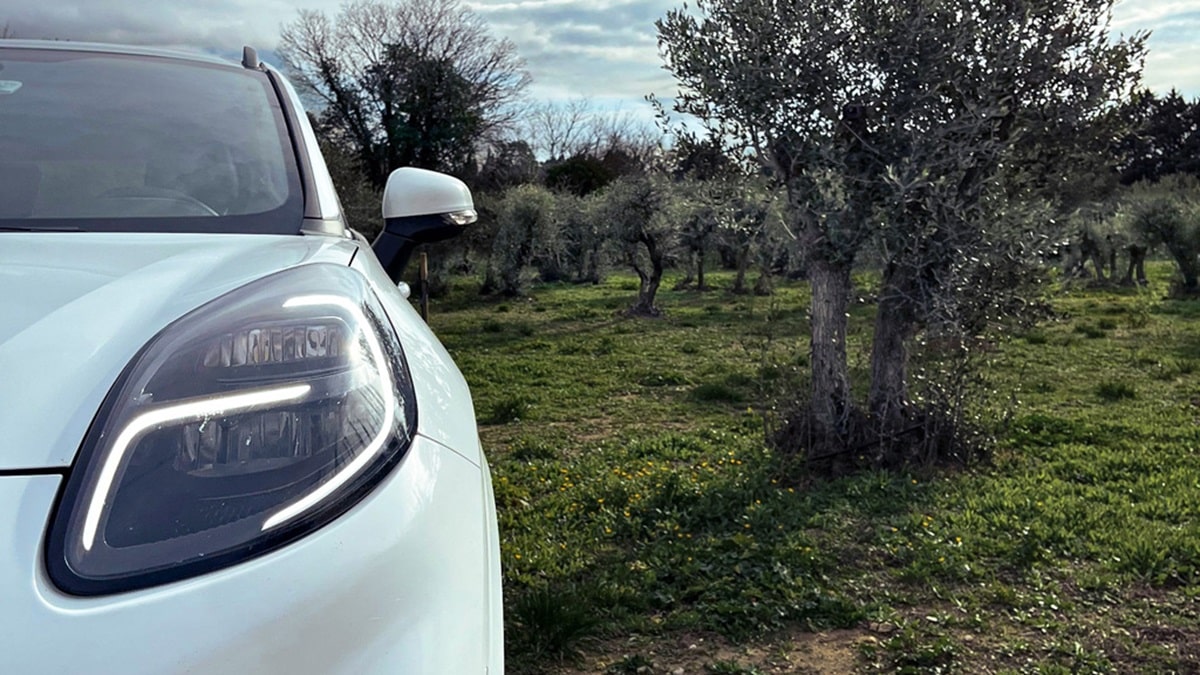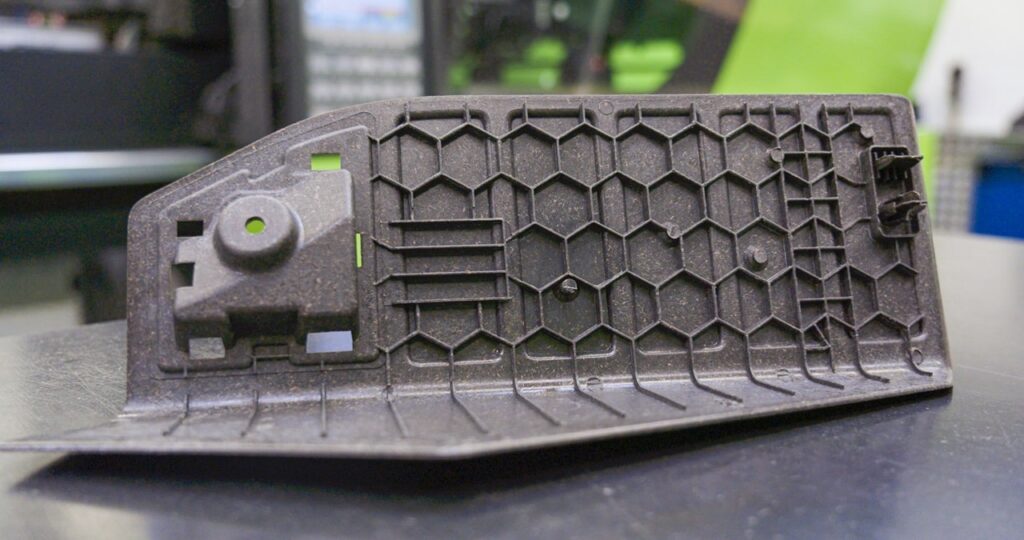The olive become the center of an innovative project by Ford: COMPOlivewhich transforms the waste derived from olive harvest in biocomposite materials for components in the automotive industry.
Ford and the COMPOlive Project, olive waste for components
The olive harvest creates residues that often end up burned, contributing to air pollution. Ford seized the opportunity to make this sector sustainable, using waste to create biocomposite materials instead of conventional plastic.
Once you have the plastic material of olive tree wastethe engineers of Ford they developed prototypes of automotive components, such as footrest and trunk parts, which use these new materials. Tests have shown that components made with the process COMPOlive they maintain robustness and resistance in line with traditional materials.
The biocomposite material comes from olive groves located in Andalusia, Spainone of the regions with the highest production of olive oil in the world. The engineers of Ford a Cologne, Germanythey used a intelligent simulation technology which evaluates the strength and resistance of materials. Next, they made prototypes using a composite compound for the 40% fibers from olive tree waste and for the 60% recycled polypropylene. Finally, the material was heated and injection molded to create automotive components.
The project COMPOlive fits into the initiative Road to Better Of Ford, for a more sustainable, inclusive and equitable transport future. The company is also collaborating with several global partners towards this goal.


















Leave a Reply
View Comments